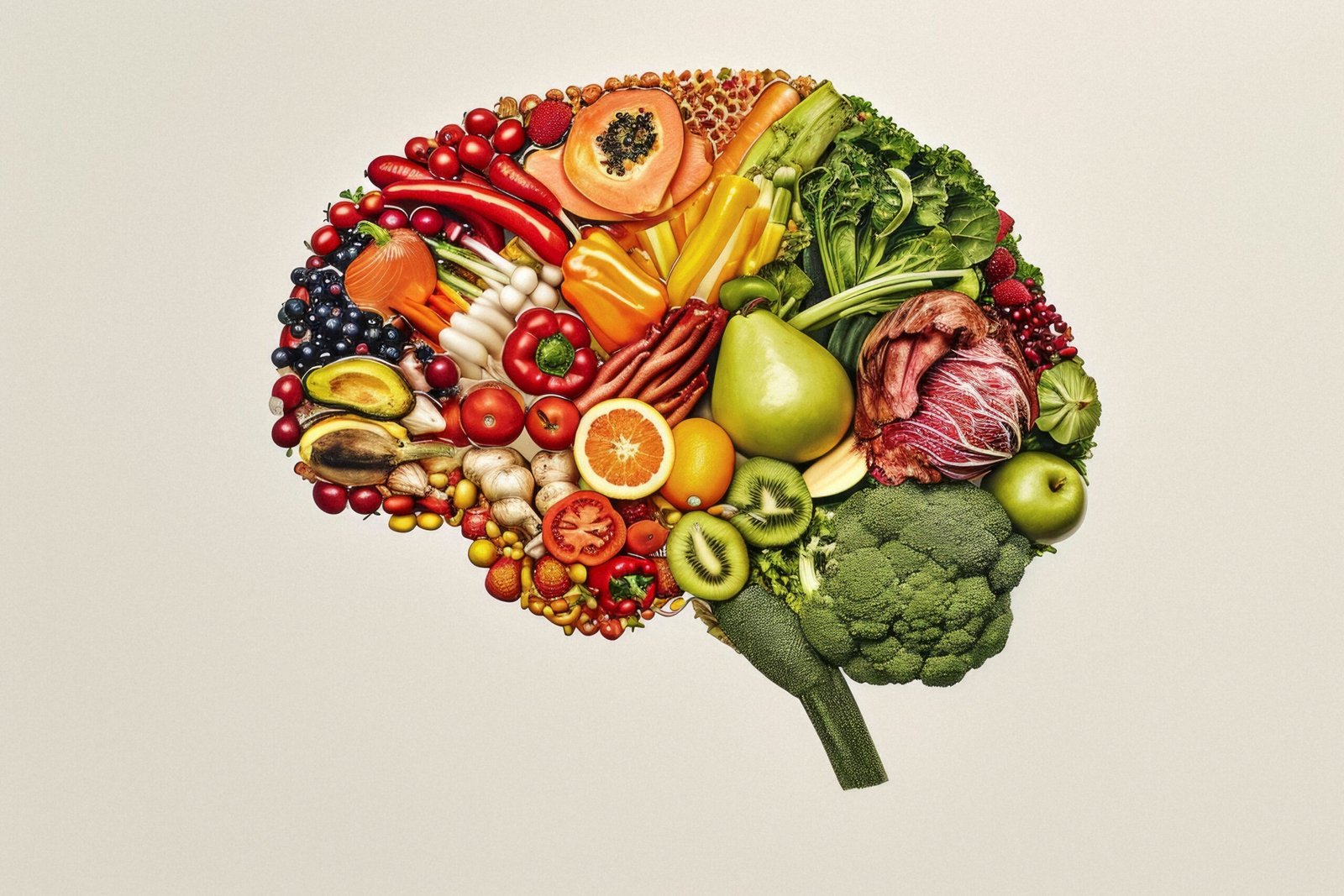Unveiling the Gut Microbiome’s Role in Weight Loss and Body Composition through Diet
Emerging research is revolutionising our understanding of weight management, revealing a powerful new player: the gut microbiome. A recent randomised controlled trial has shed light on how different dietary strategies, such as intermittent fasting combined with protein pacing (IF-P) and a heart-healthy, calorie-restricted diet (CR), can influence the gut microbiome (GM) and metabolomic profiles in overweight and obese individuals. Over eight weeks, researchers discovered intriguing variations in how these diets shape the gut microbiome, offering potential insights for future nutritional guidelines.
The Interplay Between Diet, Gut Microbiome, and Weight Loss
Both intermittent fasting with protein pacing (IF-P) and continuous calorie restriction (CR) resulted in significant weight loss. However, IF-P led to more profound changes in the gut microbiome. Participants on the IF-P regimen showed an increased abundance of beneficial microbes like Christensenellaceae, linked to improved metabolic profiles and enhanced fat oxidation. This group also experienced a notable reduction in gastrointestinal (GI) symptoms and an increase in cytokines associated with fat loss and inflammation, such as IL-4, IL-6, IL-8, and IL-13.
These findings suggest that IF-P may be a more effective dietary strategy for managing obesity and enhancing gut health. The microbial and metabolic shifts observed indicate that the structure of the diet, particularly the timing of protein intake and fasting periods, plays a crucial role in shaping the gut microbiome.
Metabolomic Insights and Dietary Implications
The study also revealed distinct plasma metabolomic signatures between the IF-P and CR groups. IF-P participants exhibited higher levels of metabolites associated with fat oxidation and amino acid metabolism, reflecting the diet’s higher protein content and fasting intervals. In contrast, CR participants showed increases in metabolites related to longevity pathways, such as those involved in amino acid and citrate cycle metabolism.
These differences highlight the importance of dietary composition and timing in shaping metabolic responses. The structured approach of IF-P to protein intake and fasting may offer unique benefits for metabolic health, potentially making it a superior strategy for weight loss and metabolic improvements compared to traditional calorie restriction.
Personalised Nutrition and Future Directions
The differential responses to IF-P and CR underscore the potential for personalised nutrition strategies tailored to individual metabolic and microbiome profiles. One participant, who achieved significant weight loss over a year, demonstrated sustained beneficial changes in their gut microbiome and metabolome, emphasizing the importance of long-term adherence to dietary interventions for lasting health improvements.
Future research should focus on larger, more diverse populations and explore the long-term impacts of various dietary strategies on the gut microbiome and overall health. This will pave the way for precision nutrition recommendations, offering tailored dietary guidelines based on an individual’s unique gut microbiome and metabolic responses.
Key Takeaways
- Diet and Microbiome Relationship: Different dietary approaches like IF-P and CR can significantly alter the gut microbiome, influencing weight loss and metabolic health.
- IF-P’s Unique Benefits: Intermittent fasting with protein pacing may offer superior benefits for gut health and weight management compared to continuous calorie restriction.
- Metabolomic Differences: Distinct metabolic profiles observed between IF-P and CR suggest that diet composition and timing are crucial for metabolic responses.
- Personalised Nutrition: The potential for personalised nutrition strategies based on individual microbiome and metabolic profiles is promising for effective weight management and overall health.
- Long-term Adherence: Sustained beneficial changes in the gut microbiome and metabolome highlight the importance of long-term adherence to dietary interventions.
By understanding the intricate relationship between diet, the gut microbiome, and weight loss, we can develop more effective, personalized nutrition strategies to combat obesity and improve overall health. Subscribe to our newsletter for more insights into the latest research on gut health and innovative dietary approaches.
Our frinks provide enough fibre and nutrients that nurture your gut microbiome to be a meal replacement and help you lose weight! Give them a try now and see how you get on.





